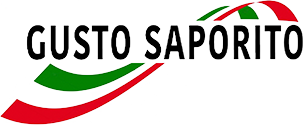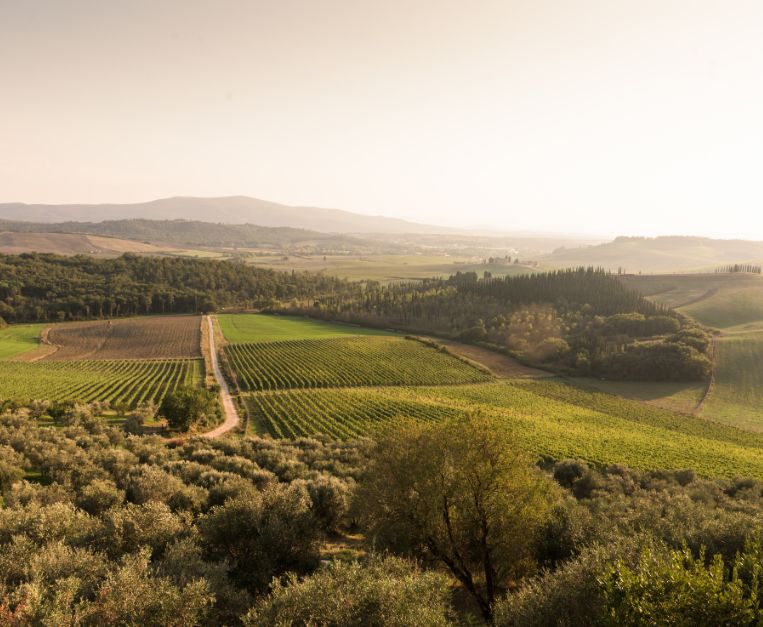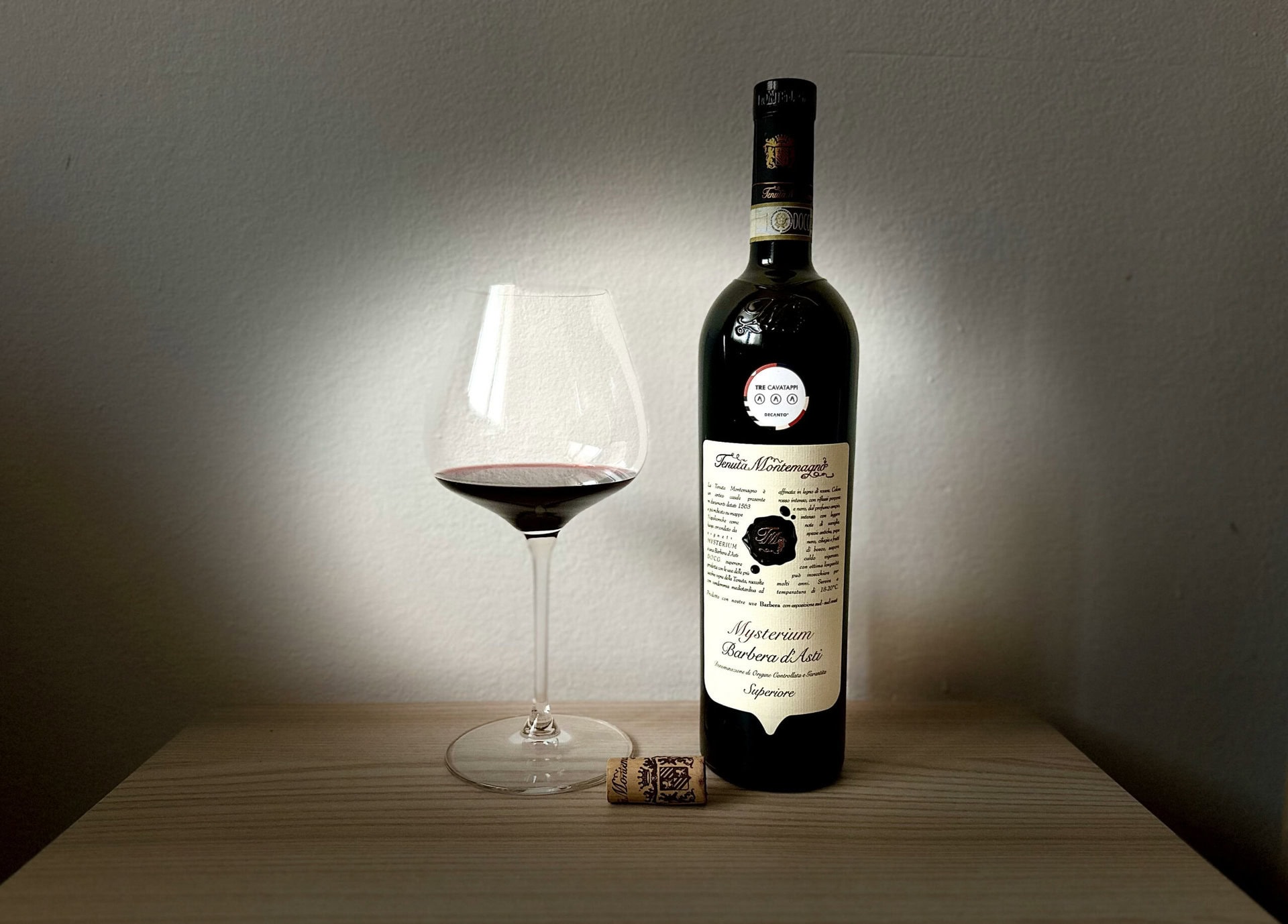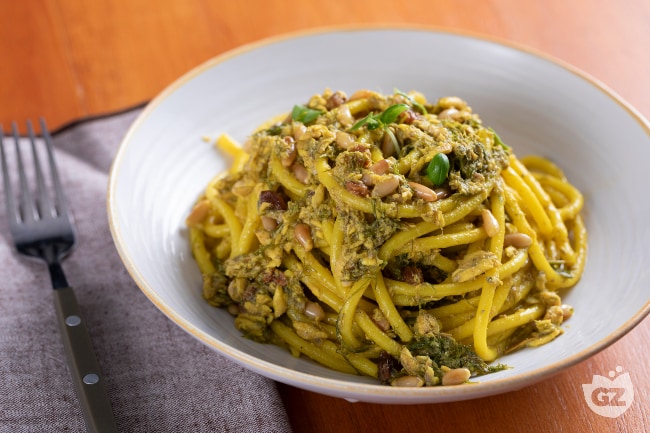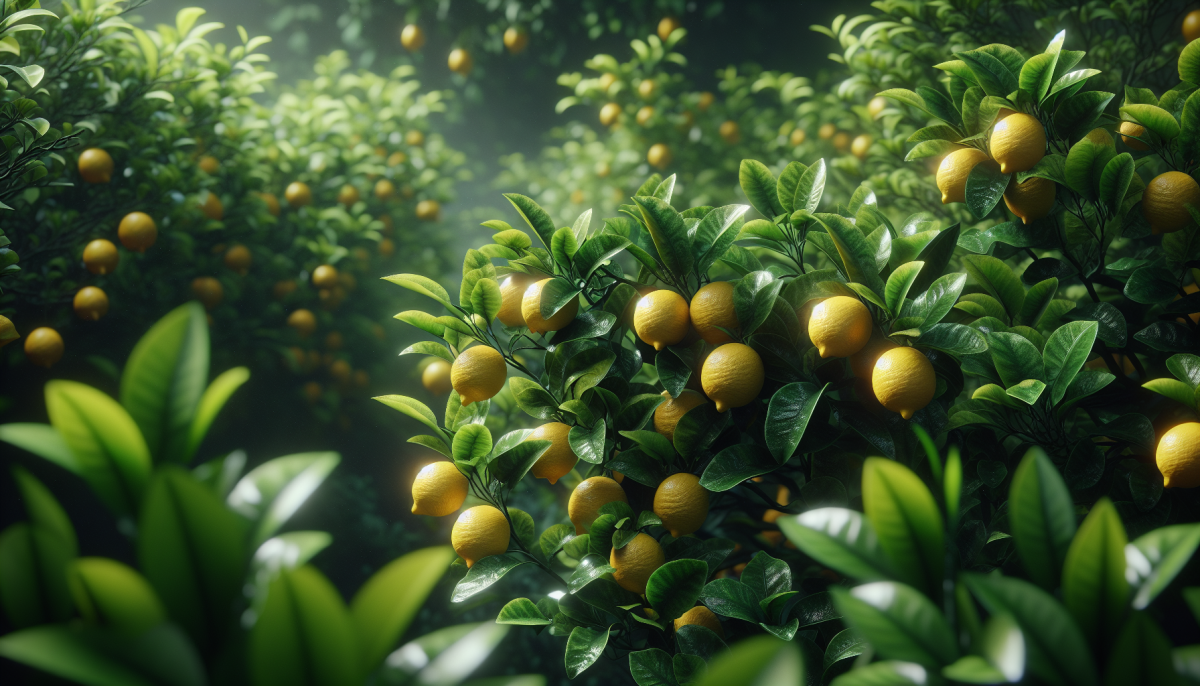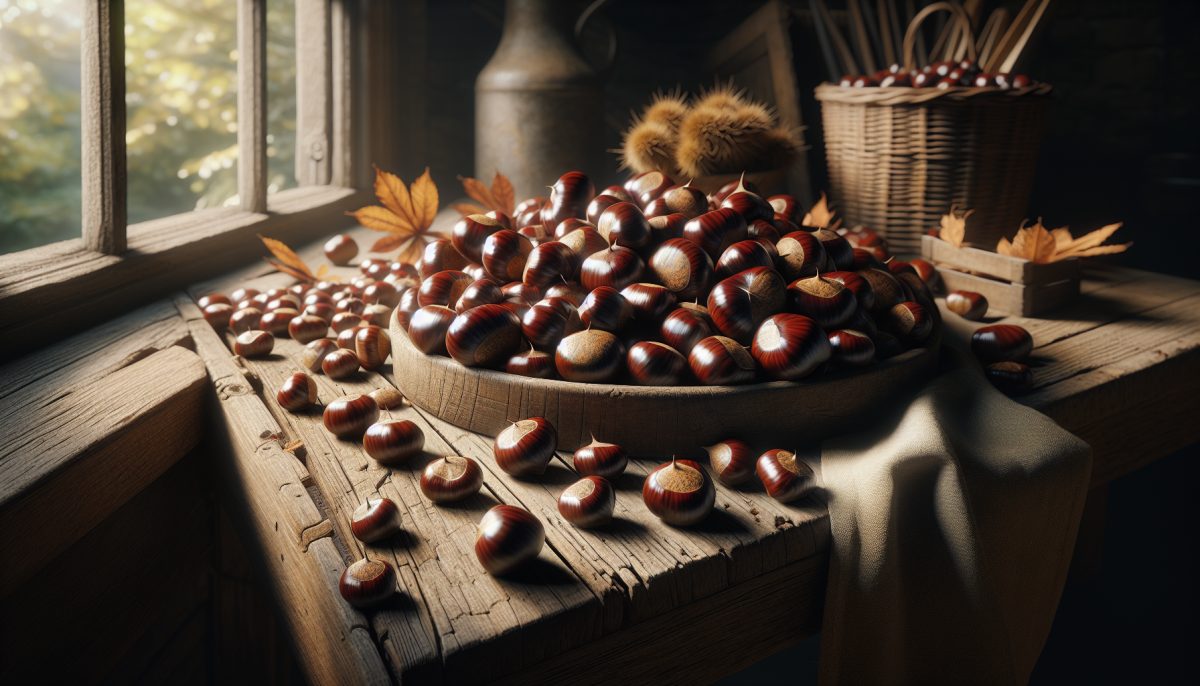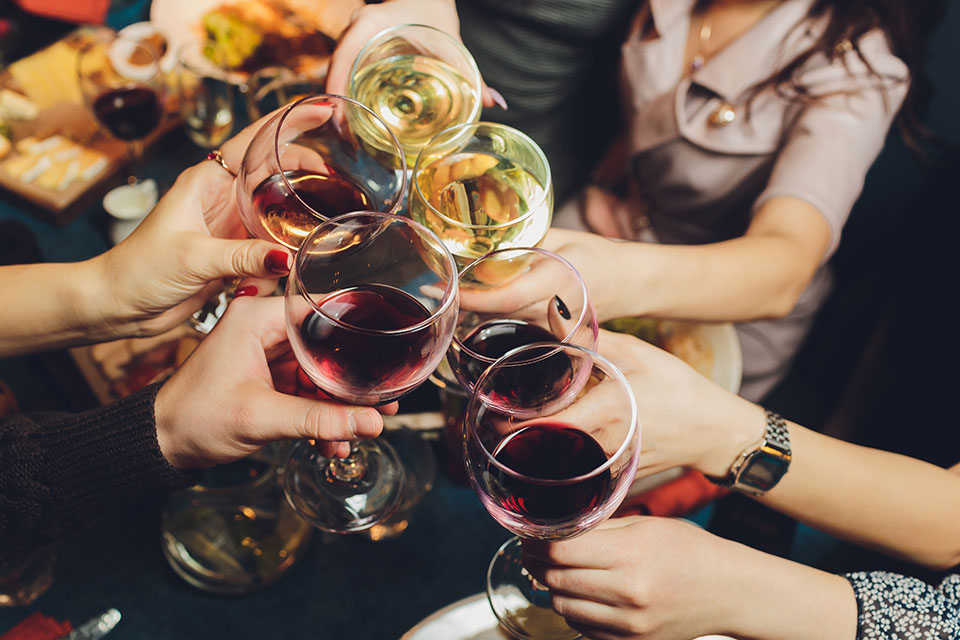The “Chianti” properly so called has for six centuries (at least) been the strip that extends the heart of Tuscany, between Florence and Siena and, all likelihood, its name derives from an Etruscan root meaning “lot of land granted to settlers.” The historic a causa di Bibbiano is located right the epicenter of this territory, more precisely the municipality of Castellina Chianti, an zona of extreme scenic beauty characterized by the alternation of gentle hills and steeper profiles, surmounted by parish churches and old farmhouses sharecropping villages and ancient fortresses; where the cultivation of vines dates back, again and not by chance, to Etruscan and then late Latin origins. Owned by the Marrocchesi Marzi family since 1865, it is today skilfully managed by heir Tommaso (fifth generation of the dynasty), with a solid professional education linked to international management experience.
Its history is marked, however, by the approximately sixty harvests supervised by Giulio Gambelli (unanimously considered one of the greatest connoisseurs of Sangiovese and its terroirs Tuscany) which have certainly shaped the current style. A rather heavy legacy which has been entrusted, starting from 2016, to Maurizio Castelli, a very worthy successor for the integrity and respect of the aforementioned main grape variety.
The task and philosophy of the cellar
The mission of a causa di Bibbiano, as well as its approach the vineyard and the cellar, is to create wines with Sangiovese grapes and other local varieties such as Canaiolo, Malvasia Nera, Ciliegiolo and Colorino – among those with black grapes – and Trebbiano, and Malvasia del Chianti – among those with white grapes – whose authenticity, naturalness and taste are able to enhance the territory of which it is part. To achieve this, he uses winemaking methods that Tommaso likes to define as “detailed”, perfectly summarized by the two Chianti Esemplare Gran Scelta, obtained from the individual crus: Vigne a causa di Montornello and del Capannino.
The exaltation of the differences present these two vineyards, close but at the same time distinct terms of exposure and soil composition, represents for the wine industry an essential value to be preserved, a modus operandi that applies everything the company does. Celebration of the territorial matrix and respect for the vintage are therefore the synthesis of the company philosophy, based minimal interventions cellars and parcel vinification, also because Tommaso himself is keen to underline a concept as fundamental as it is contemporary the general consumption of wine, identifying the his sfizio of finesse and elegance the sobriety of the bevanda, which until recently “risked being mistaken for banality sloppiness”. All this favors dynamic and fragrant wines of great depth, outlined by notable savory hints and a fine-grained tannic texture: short, an inspired synthesis of balance between grace and power.
Hospitality
The company combines the production of excellent wines with authentic and refined hospitality. Per fact, for years it has invested enhancing the wine tourism experience, offering a welcome that combines history, tradition and . Hospitality is expressed mainly through its farmhouse, which represents a perfect combination of the rustic charm of historic structures and modern comforts. Guests can choose between a large stone farmhouse, the annex of the main casa and the Carolingian-era farm, the oldest the . Each accommodation is furnished with period furniture, ensuring an elegant and intimate atmosphere, ideal for those seeking authenticity and beauty. Surrounded by vineyards, the structures offer breathtaking views, the swimming pools, located sunny spaces, offer guests moments of nonostante relaxation, while the internal rooms, large and bright, create a welcoming and refined atmosphere.
To complete this experience there is another flagship of the wine tourism offer: the activities dedicated to tastings and gastronomic tastings. Per fact, guests can let themselves be guided during wine tastings among the vineyards, conducted directly by the property, to fully understand their production philosophy. All accompanied by genuine, local dishes, prepared at home and served the main casa the historic cellar; an opportunity to savor the profound connection between wine, tradition and territory, a context that invites you to slow and enjoy the authentic beauty of Castellina Chianti.
